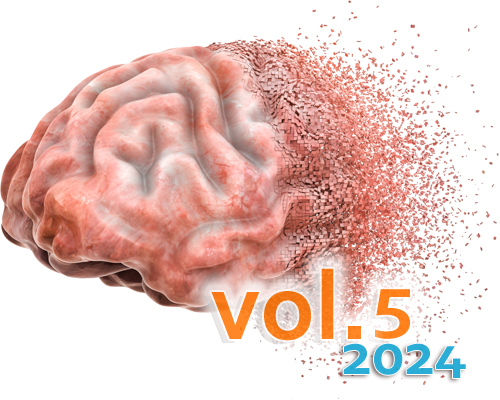Regression of multiple intracranial meningiomas after cessation of long-term synthetic progesterone (megestrol) medication: case report and autopsy
DOI:
https://doi.org/10.17879/freeneuropathology-2024-5813Keywords:
Autopsy, Meningioma, Megestrol, Progesterone receptor, Tumor involutionAbstract
We report the history of a woman who developed four intracranial meningiomas during 11 years of therapy with the synthetic progesterone agonist megestrol. After discontinuation of the drug at age 75 years, she improved clinically and a CT scan showed near complete regression of the meningiomas by 78 years. Autopsy was performed at 83 years of age following an accidental death. At the tumor sites, we found both collagenous tissue with small islands of low grade meningioma having strong nuclear immunoreactivity for progesterone receptor and lipomatous tissue. A literature review showed similar cases of radiologic meningioma regression following discontinuance of progestins. Our case is the first one with histopathologic characterization of the end point.
Metrics
Published
How to Cite
Issue
Section
License
Copyright (c) 2024 Tamadar A. AlDoheyan, Marc R. Del Bigio

This work is licensed under a Creative Commons Attribution 4.0 International License.
Papers are published open access under the Creative Commons BY 4.0 license. This license lets others distribute, remix, adapt, and build upon your work, even commercially, as long as they credit you for the original creation. Data included in the article are made available under the CC0 1.0 Public Domain Dedication waiver, unless otherwise stated, meaning that all copyrights are waived.


















